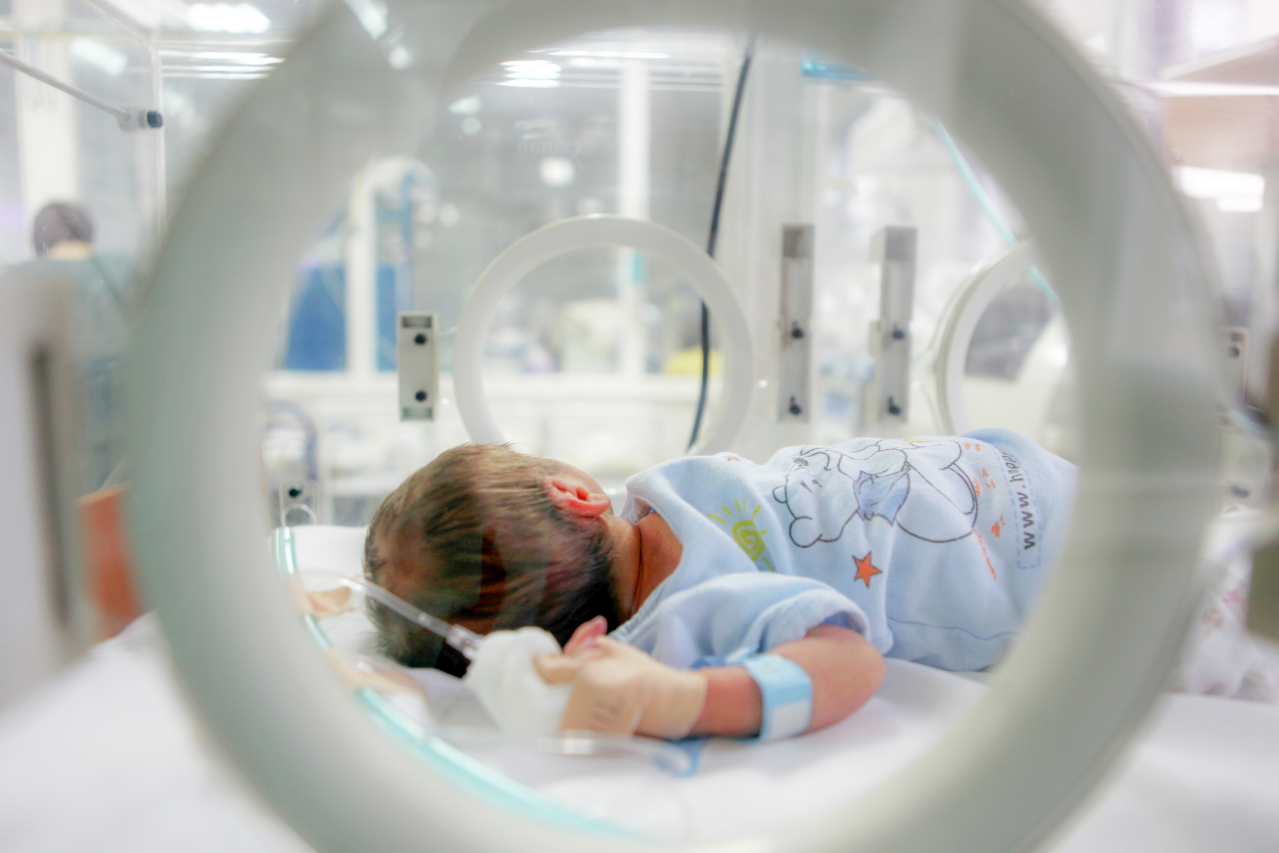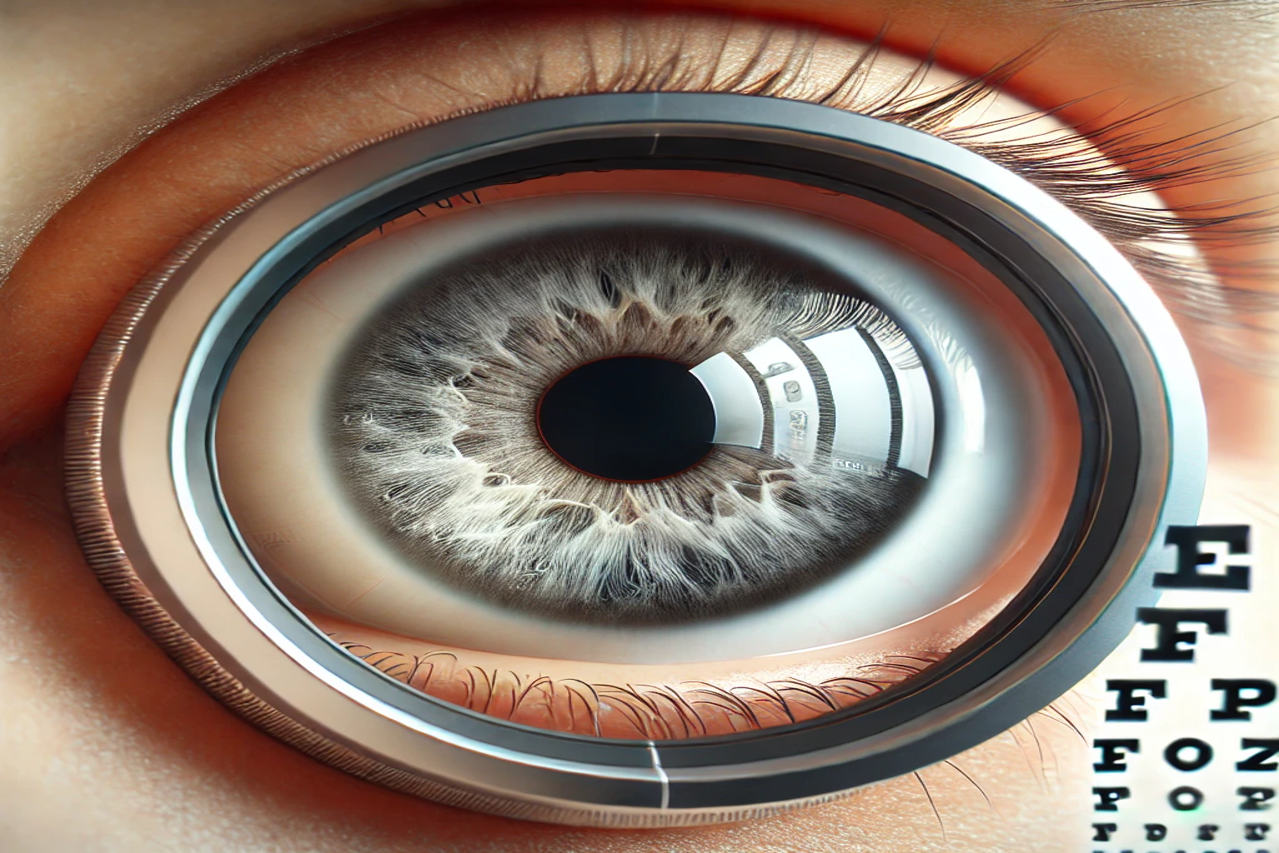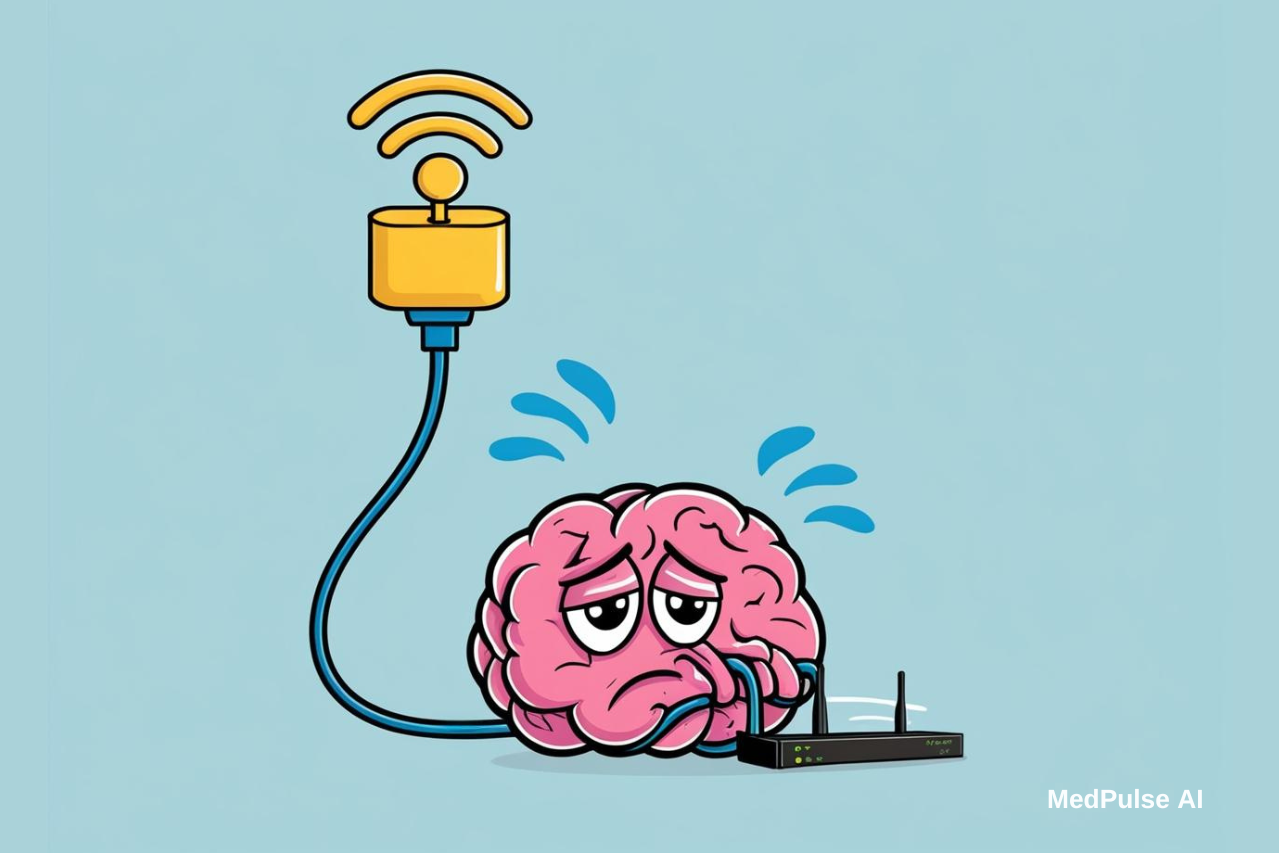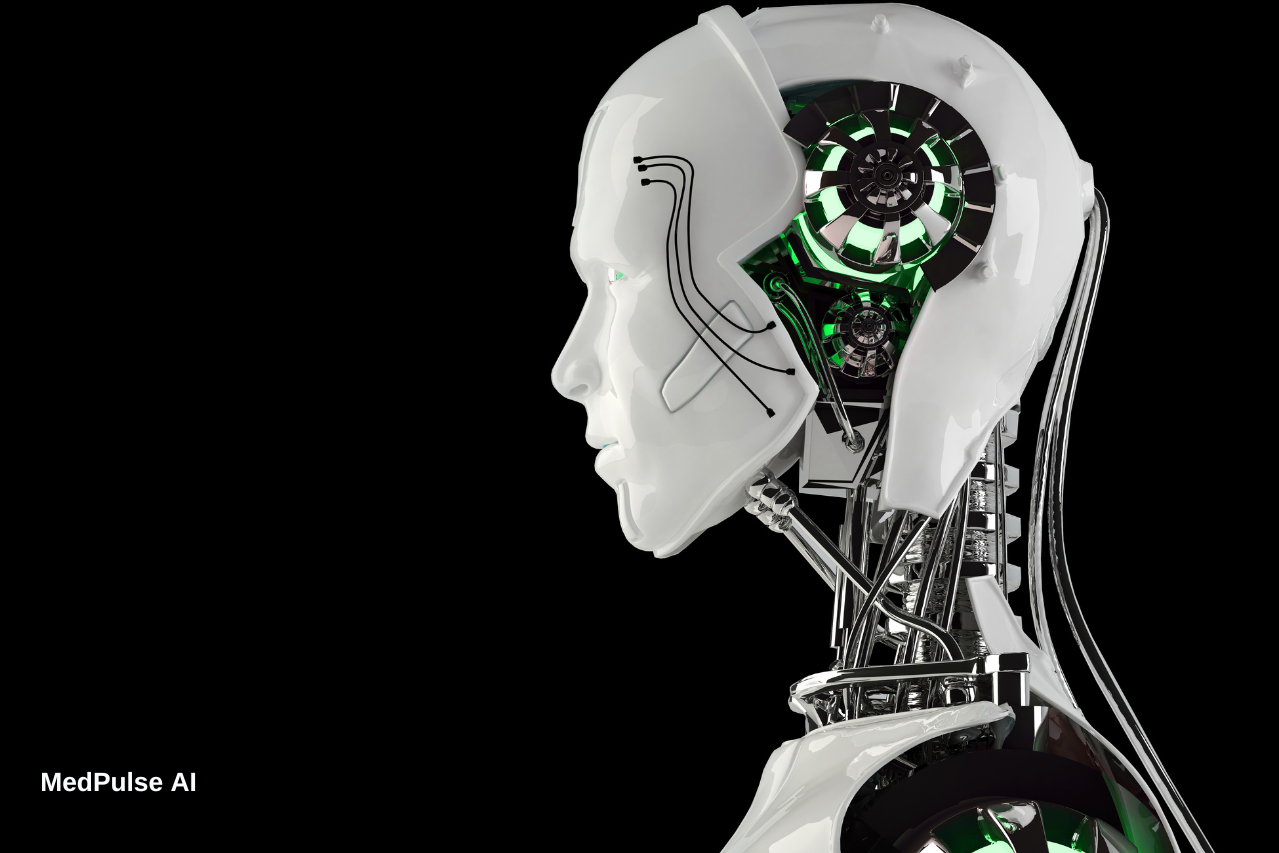A collaborative team of clinicians, scientists, and engineers from Mount Sinai Health has developed a deep learning pose-recognition algorithm to monitor infant movement in the neonatal intensive care unit (NICU). By analyzing video feeds, this AI-based tool can track infants’ movements and identify critical neurological metrics with precision.
The findings, published on November 11 in Lancet’s eClinicalMedicine, highlight the potential for this technology to provide a scalable and minimally invasive approach for continuous neurological monitoring in NICUs. This innovation offers real-time insights into infant health, addressing a significant gap in care.
Each year, over 300,000 newborns are admitted to NICUs across the United States. Among the many evaluations conducted, alertness is one of the most sensitive indicators of neurological health, reflecting the overall integrity of the central nervous system.
Despite decades of advancements in monitoring technologies such as electroencephalography (EEG) and the development of specialized neuro-NICUs, continuous neurotelemetry remains largely unavailable in most facilities. Neurological status is typically assessed through intermittent physical exams, which may overlook subtle or early changes.
Mount Sinai researchers proposed a novel approach: using computer vision to monitor infant movements as a predictor of neurological changes. Known as “Pose AI,” this machine learning technique, already transformative in fields like athletics and robotics, tracks anatomical landmarks using video data.
The team trained their AI model on over 16,938,000 seconds of video footage from 115 NICU infants at The Mount Sinai Hospital, all of whom were also monitored with continuous video EEG. The algorithm successfully tracked infant anatomical landmarks and demonstrated the ability to predict sedation levels and cerebral dysfunction with high accuracy.
Although video cameras are present in many NICUs, they are not typically integrated with deep learning algorithms for real-time monitoring. This research demonstrates that applying AI to existing camera systems can facilitate early detection of neurological changes, potentially enabling quicker interventions and improving outcomes.
Dr. Felix Richter, senior author and Instructor of Newborn Medicine at Mount Sinai, emphasized the reliability of Pose AI across varying conditions, including different lighting scenarios and angles. The AI tool’s movement index was also correlated with gestational and postnatal age, underscoring its clinical relevance.
“This technology doesn’t replace essential assessments by physicians and nurses in the NICU,” Dr. Richter clarified. “Instead, it complements their work by providing continuous neurological data that clinicians can use in context. In the future, we envision a system where cameras provide a neurotelemetry strip, similar to heart rate and respiratory monitoring, and generate alerts for changes in sedation or cerebral function. Clinicians could access video footage and AI insights as needed, enabling a more intuitive bedside tool.”
The study’s limitations include the use of data from a single institution, highlighting the need to validate the algorithm across different settings and equipment. Future plans include expanding trials to additional NICUs, testing its application in other neurological conditions, and exploring its potential use in adult populations.
“At Mount Sinai, we are dedicated to leveraging AI to enhance patient care,” said Dr. Girish N. Nadkarni, System Chief of Data Driven and Digital Medicine and a study co-author. “Our health system has already utilized AI to improve outcomes, such as reducing hospital readmissions and aiding in cancer diagnostics. Bringing this safe, non-invasive technology to the NICU is a significant step forward in caring for our most vulnerable patients.”
This pioneering tool could redefine neurological monitoring in NICUs, providing real-time, actionable insights and setting a new standard for infant care.
Are you interested in how AI is changing healthcare? Subscribe to our newsletter, “PulsePoint,” for updates, insights, and trends on AI innovations in healthcare.




